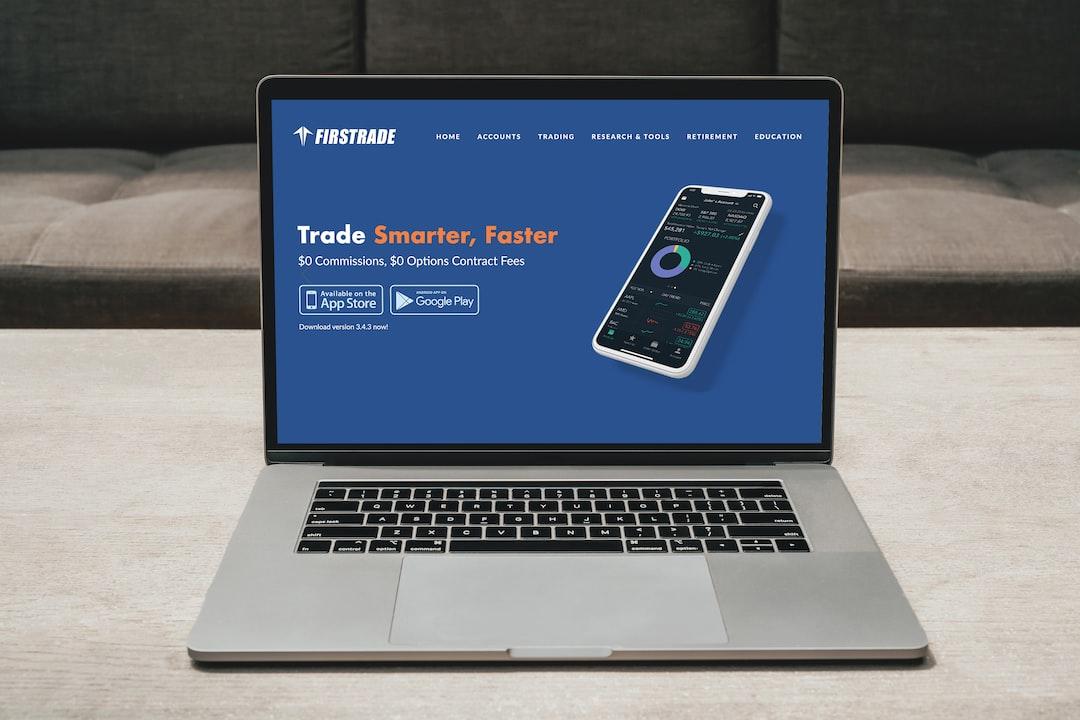The highly anticipated zkSync token (ZK) officially debuted on exchanges on June 17, making a big splash in the market. With a total supply of 21 billion ZK and a market capitalization of around $971 million, the token quickly gained traction on platforms like Binance, Bybit, Gate.io, and KuCoin. Initially reaching a high of $0.30, the price has since settled around $0.25.
Prior to the token launch, zkSync reported experiencing network congestion and performance issues with some remote procedure call (RPC) services. RPCs play a vital role in communication between nodes for network operations, such as transaction processing and data retrieval. The team assured users that they were working on expanding RPC capacities and promised updates soon.
Following the announcement that over 695,000 wallets were eligible for the ZK token airdrop, there was a surge in malicious decentralized applications (DApps) impersonating zkSync. Web3 security platform Blockaid’s CEO, Ido Ben-Natan, highlighted the use of drainer SDKs by these nefarious DApps to evade detection and target unsuspecting users.
Despite the excitement surrounding zkSync’s token distribution program, concerns were raised within the community regarding the methodology used to filter out potential Sybil farms. The zkSync team acknowledged these concerns and pledged to address them to ensure a fair and transparent distribution process for all eligible users.
In other news, Elon Musk vows to ban Apple, Greenpeace advocates for Bitcoin’s Proof of Stake (PoS) protocol, and more in the latest issue of Hodler’s Digest from June 9-15.

